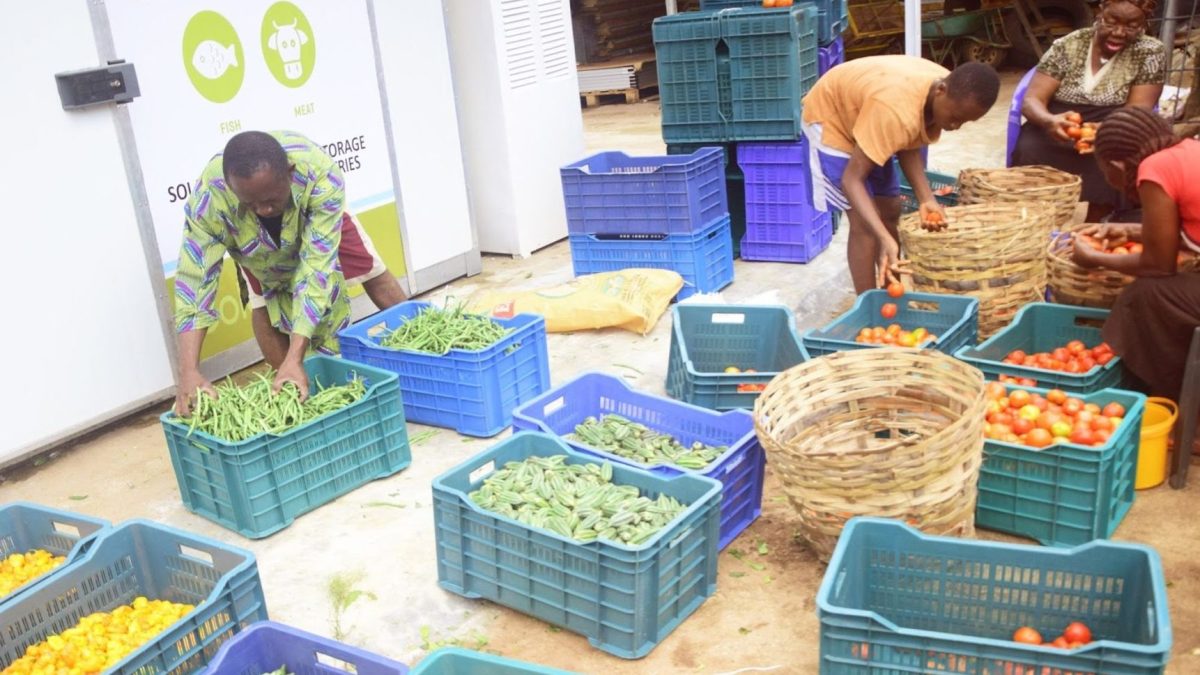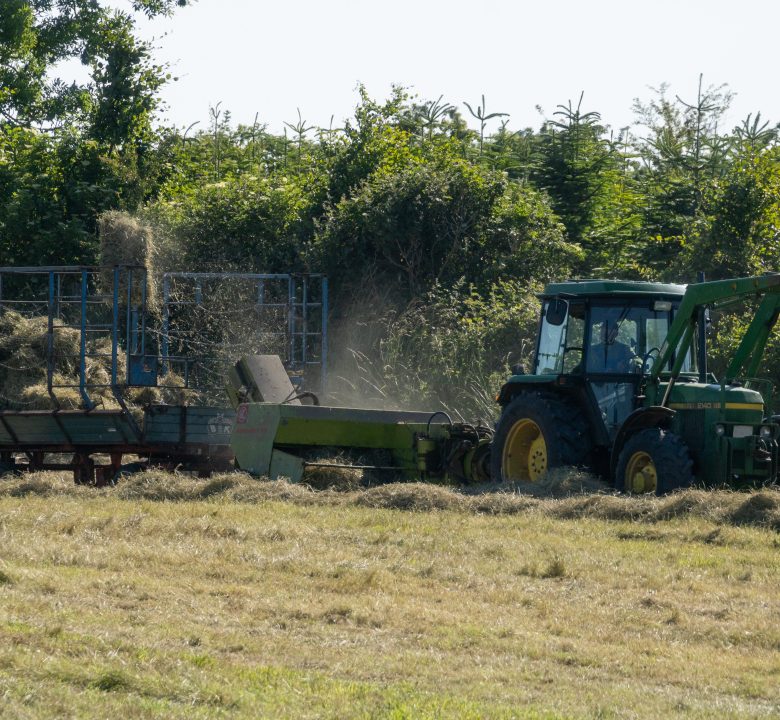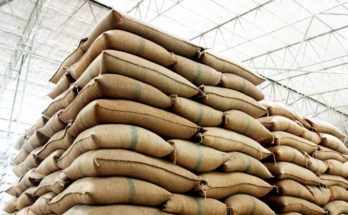
9 Sustainable Agribusiness Sectors for Start-Ups
January 31, 2023
Greenhouse Business in Africa: Opportunities, Challenges and Solution
February 2, 2023
Sustainable Agribusiness plays a crucial role in the development and growth of the agriculture sector in Africa. They form a vital link between the agricultural sector and consumers. Here are nine agribusinesses that are making a difference on the continent:
Sustainable Agribusiness Business Models
- Seed Processing. Access to high-quality seeds is essential for smallholder farmers in Africa. This allows them to improve crop yields and increase their income. Seed processing businesses are working to improve the availability and affordability of seeds. As well as to develop new varieties that are well-suited to local growing conditions.
- Storage. Proper storage is critical for preserving the quality and value of agricultural products. Agribusinesses that focus on storage solutions, such as warehouses and silos, are helping to reduce food waste and improve the profitability of smallholder farmers. ColdHubs is addressing the issue of food loss in Nigeria. They are developing solar powered cold storage hubs across specific regions in Nigeria where it operates.
- Fertilizer. Fertilizer is an important input for improving soil health and increasing crop yields. Agribusinesses that produce and distribute fertilizers are helping to increase the productivity of African farms. Which in turn can lead to higher incomes for farmers. EarthCare Nigeria Limited is an innovative business operating in this space.
- Agritech. The use of technology in agriculture, known as agtech, has the potential to revolutionize the way farming is done in Africa. Agribusinesses that develop and deploy agtech solutions, such as precision farming tools and digital platforms, are helping to increase efficiency and productivity on the continent.
- Irrigation. Water is a critical resource for agriculture. And irrigation systems are essential for farmers in dry or drought-prone regions. Agribusinesses that focus on irrigation solutions, such as drip irrigation systems and water pumps, are helping to increase the resilience and productivity of African farms. Benjamin Dada’s innovations in this space using digital and bio technology deliver optimum solution for farmers.
- Waste Management. Agribusinesses that focus on waste management are helping to reduce the environmental impacts of agriculture and improve the sustainability of the sector. This includes businesses that develop solutions for composting and recycling agricultural waste. As well as those that work on the development of biofuels and other value-added products.
- Logistics. The transportation and distribution of agricultural products is an important factor in the success of the sector. Agribusinesses that focus on logistics, such as transportation companies and supply chain management firms, are helping to improve the efficiency and effectiveness of the agriculture sector in Africa.
- Marketing. Marketing and branding are crucial for smallholder farmers in Africa. It helps them to differentiate their products and access new markets. Agribusinesses that focus on marketing and branding, such as marketing firms and trade associations, are helping to increase the visibility and competitiveness of African agriculture.
- Sustainability. Sustainability is an increasingly important consideration for the agriculture sector in Africa. It is vital for preserving natural resources and ensuring long-term food security. Agribusinesses that focus on sustainability, such as those that develop organic and regenerative agriculture practices, are helping to ensure the long-term viability of the sector on the continent.
Overall, these agribusinesses are making a positive impact on the agriculture sector in Africa, and are helping to drive economic growth and development on the continent.
If you are seeking funding, business support or consulting to start your AgriBusiness in Africa, we are here to help! We are passionate about seeing African businesses by Africans thrive in Africa. Lets secure Africa’s future together. Click here to get started.





2 Comments
[…] and value unpaid care and domestic work through the provision of public services, infrastructure and social protection policies and the promotion of shared responsibility within […]
[…] the 10-Year Framework of Programmes on Sustainable Consumption and Production Patterns, all countries taking action, with developed countries taking the lead, […]